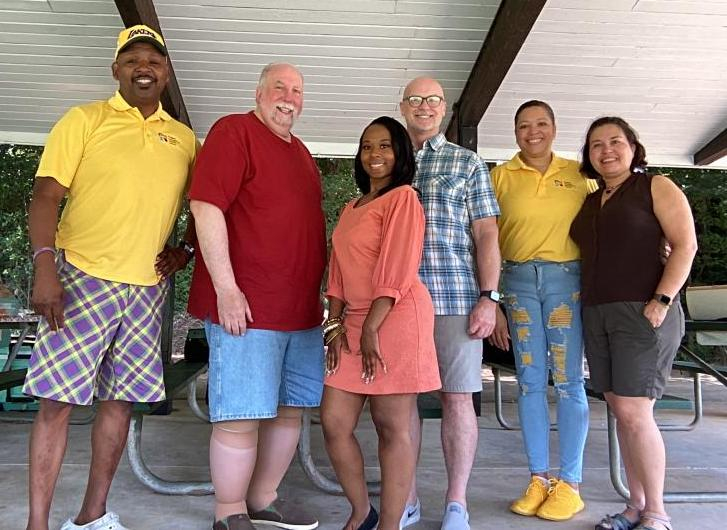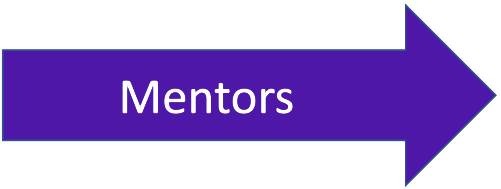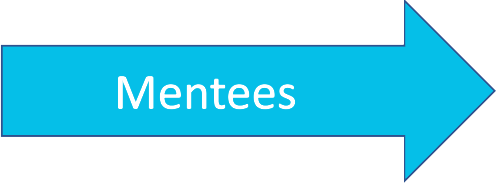The Chapter Mentoring Program has been active for the past ten years. Participating mentors always mention the willingness to help others and to “pay it forward” to honor mentors who helped them advance their careers.
 The mentor mentee relationship is beneficial for both partners. Mentors learn during the process and get the satisfaction of doing a good deed. Mentees get the benefit of mentors’ background, experience and knowledge. They learn others have gone through some the same growing pains getting to where they are today.
The mentor mentee relationship is beneficial for both partners. Mentors learn during the process and get the satisfaction of doing a good deed. Mentees get the benefit of mentors’ background, experience and knowledge. They learn others have gone through some the same growing pains getting to where they are today.
Many of us have worked with great mentors in our business career and have been fortunate in being able to rely on their support and implement their advice. Many of the mentors have previous experience mentoring at their work, charity and social organizations. Some have mentored in the between 12 and 15 times or more in the program.
The Chapter holds three mentoring sessions a year typically held early in February, June and September. On average, we serve between 80- and 100-chapter members per year. We provide one-on-one mentoring and also have a Group Mentoring program with 8 to 10 participants if they are new to project management or have limited business experience.
Mentoring operates under the umbrella of Professional Growth which fosters chapter members to evolve from new member to a higher level of participation and even chapter leadership. Some chapter members enter the mentoring program as a first step in chapter involvement. Others use mentoring as an entry point to serving the chapter. Also, some mentees have become mentors themselves.
Sign-ups for the mentoring sessions for Mentors and Mentees appear in the Chapter newsletter about a month before the session start, mid-January, mid-May and mid- August. Feel free to contact the mentoring program for additional information.
To sign up for the upcoming Fall Mentoring session, log in to the website to verify your membership and click below.










